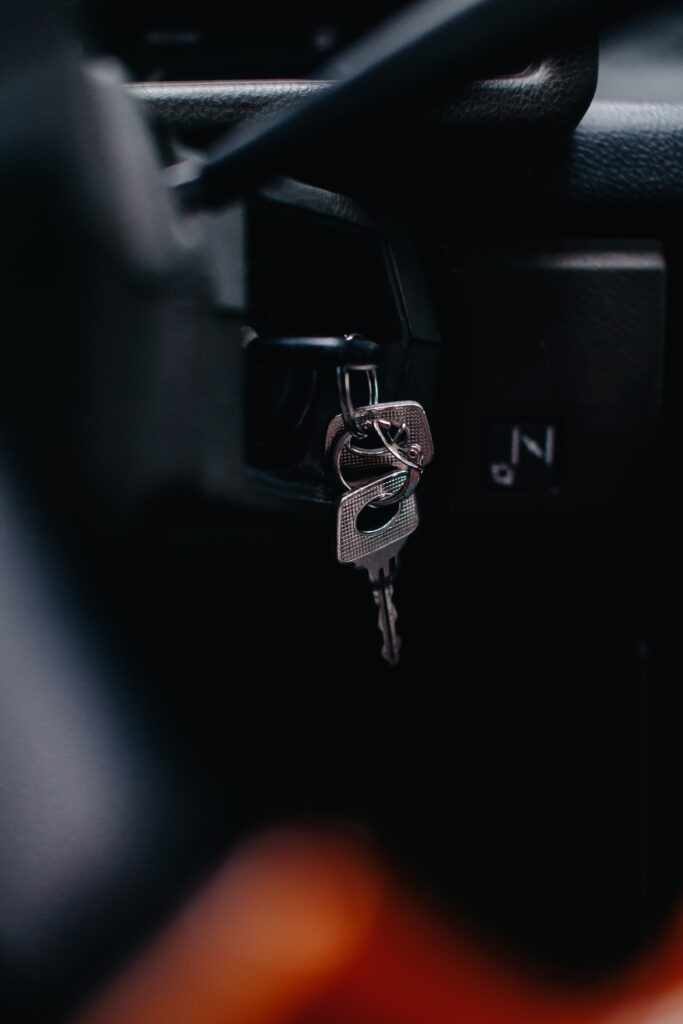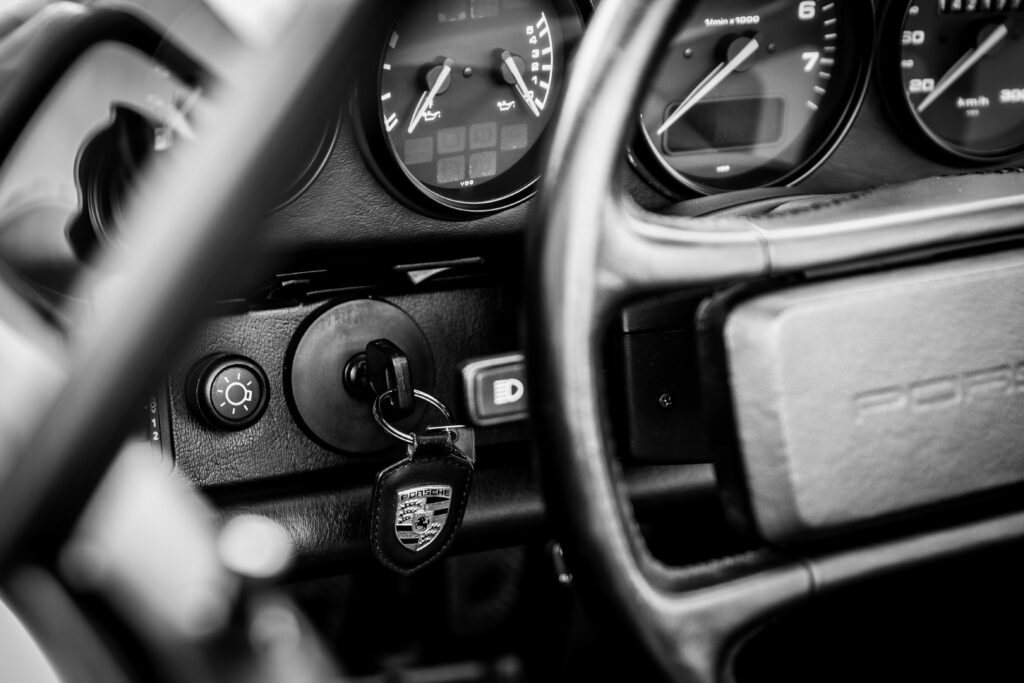It’s a frustrating experience when your car key gets stuck in the ignition especially if you’re on the go. To make matters worse, it can be difficult figuring out how best to free a stuck key from an ignition lock cylinder without causing further damage. Fortunately, there are some steps one can take toward freeing a lodged key from its bonds without having to call for outside help. In this blog post, we’ll look at effective methods of retrieving keys that become stuck in the ignition of various makes and models.
What causes keys to get stuck in the ignition?
Keys can get stuck in the ignition due to several reasons. One common cause is a worn or damaged ignition cylinder, where the key is inserted. Over time, internal components can wear out, preventing the key from turning or being removed smoothly. Misalignment is another factor, often occurring when the steering wheel is locked or turned, placing pressure on the ignition mechanism. Faulty keys themselves, whether bent, worn, or damaged, may not engage properly with the ignition cylinder, leading to a stuck key.
Electrical malfunctions, such as problems with the ignition switch or electronic components, can also interfere with key movement. Additionally, foreign objects or debris in the ignition cylinder can obstruct the key’s path. If you encounter a stuck key in the ignition, it’s important to assess the specific cause and consider seeking professional help to address the issue effectively and avoid causing further damage.
How to free a stuck key from an ignition lock cylinder

To free a stuck key from an ignition lock cylinder, it’s important to approach the situation calmly and avoid using excessive force. Start by ensuring the vehicle is in the proper gear, such as “Park” or the appropriate position for a manual transmission. Gently wiggle the steering wheel back and forth while attempting to turn the key, as the key may be stuck due to the steering wheel being locked or turned. A tiny quantity of graphite lubricant applied on the key and inserted into the ignition lock cylinder can also assist decrease friction and improve key movement.
If these methods do not address the problem, it is preferable to seek professional help from a locksmith or automobile mechanic. Remember that pushing the key or using improvised methods might result in greater damage, therefore it’s better to leave it to the specialists when in doubt.
What to do if you can’t free the key from the ignition

If you’ve tried various methods but are unable to free the key from the ignition, it’s crucial to stay calm and seek professional assistance. Trying to force the key out or using excessive measures can potentially cause more damage. Contact a reputable locksmith or automotive technician who specializes in ignition issues. Explain the problem you’re facing and any troubleshooting steps you’ve already taken. By relying on their expertise, they can provide targeted solutions and handle the situation safely. Follow their guidance and instructions, as they may need to repair or replace the ignition lock cylinder or other components. Remember, it’s always best to entrust these situations to professionals who have the knowledge and tools to ensure a successful resolution without further complications.
Preventative measures to avoid key stuck situations
To prevent key stuck situations in your vehicle’s ignition, it’s essential to implement preventative measures. Regularly lubricate the key and ignition lock cylinder with graphite lubricant to reduce friction and ensure smooth operation. Handle your keys gently, avoiding excessive force or bending. Opt for lightweight keychains and avoid using bulky or heavy accessories that can strain the ignition mechanism. Keep the steering wheel in a proper position, straight and not turned to the extremes, to prevent misalignment.
Schedule regular maintenance for your vehicle and promptly address any ignition-related issues or difficulties in turning the key. By following these preventative measures, you can minimize the risk of encountering a key stuck in the ignition and ensure the longevity and proper functioning of your vehicle’s ignition system.






